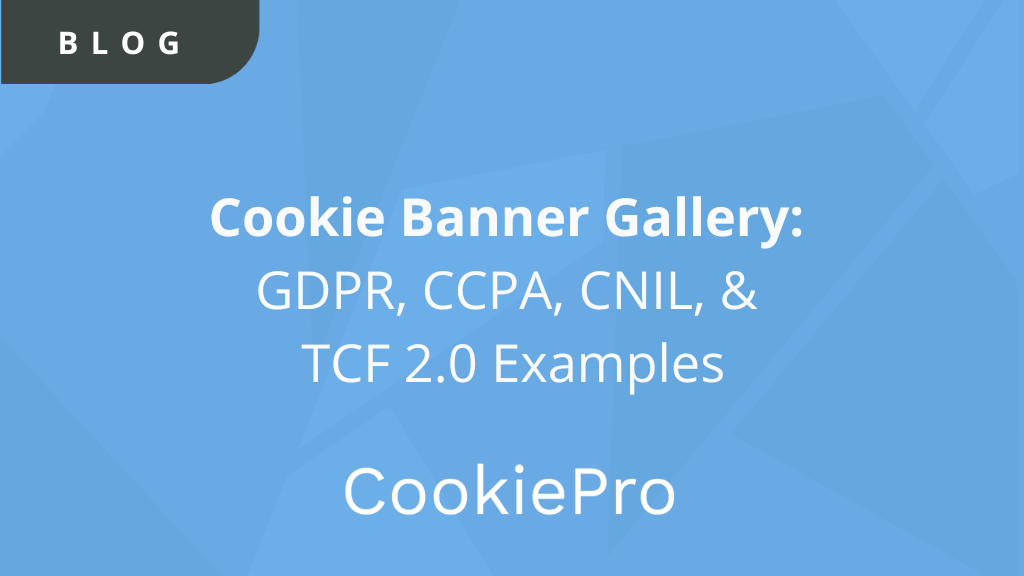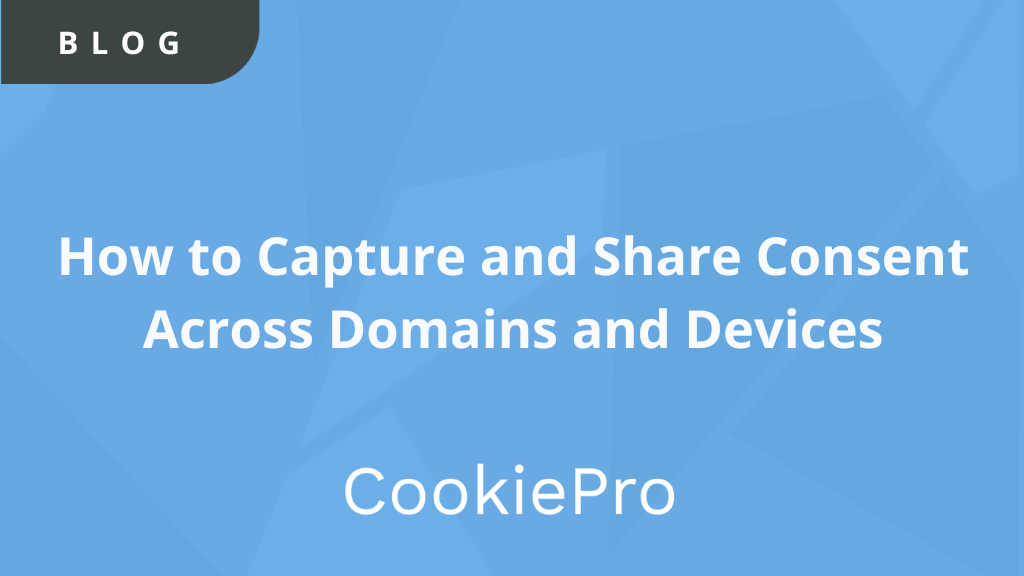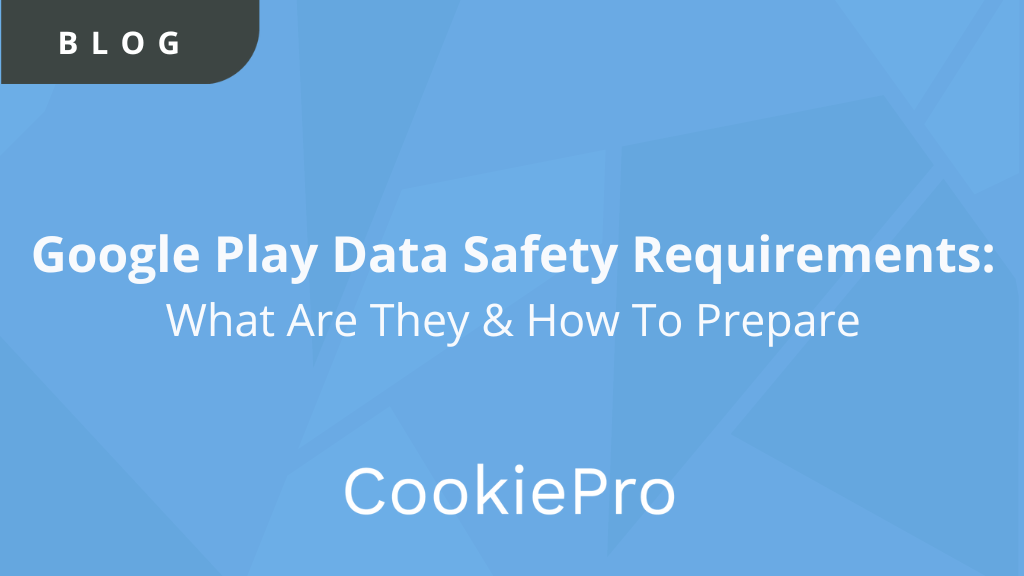A Letter to Marketers: How to Embrace CCPA
Dear Marketers, We know the new privacy laws might be intimidating and create a cloud of worry over your team. Don’t fear!...

Dear Marketers,
We know the new privacy laws might be intimidating and create a cloud of worry over your team. Don’t fear! Here’s an article about how new data privacy laws can be good for everyone, including you, our leading Marketers.
Privacy is Here…and Isn’t Going Anywhere
New laws around the world are going into effect at a fast pace, including EU’s General Data Protection Regulation (GDPR) and the California Consumer Privacy Act (CCPA). While some companies are already considered compliant, others are just getting started.
The new privacy landscape brings a growing number of international, national and U.S. state laws and regulations that seek to govern the collection, safeguarding and sharing of consumer data, specifically to give consumers visibility and control over how their data is used. Among the most notable and comprehensive of these regulations are the GDPR, which took effect last year, and the CCPA, which will take effect in January 2020.
Organizations of all sizes are rushing to get prepare for the new California law. According to a recent survey by OneTrust and the International Association of Privacy Professionals (IAPP), businesses’ average preparedness score was 6.49 on a scale of 0 to 10 (with 0 being “have not started to prepare” and 10 being “fully prepared”).
Many countries have passed or are considering similar laws. Brazil, for instance, has passed its own General Data Protection Law, which comes into force in 2020 and another US law in Nevada, SB-220, went into effect in October 2019. Outside of laws, there number of data authorities through Europe that regulate businesses to make sure they are following the laws enacted and uphold rights in the public interest, such as the ICO and CNIL.
This is a landscape that is taking over the entire world, whether you’re ready or not.
Some companies, marketers in particular, might see these new laws as a burden, making their jobs harder by putting a restraint on collecting personal data. There’s when we need a change of perception.
Instead of viewing these new laws as a burden, marketers should embrace these laws as an opportunity to show customers and prospects that they can be trusted to use data for beneficial purposes, such as providing personalized user experiences.
Increasing Trust and Loyalty is the #1 Goal
Eighty-one percent of consumers today agree that “trust” is a deal breaker for deciding factor in their buying decision, according to the 2019 Edelman special report “In Brands We Trust?” And yet only 34% of consumers “trust” most of the brands they buy or use.
As you gear up for CCPA, enhancing customer trust and meeting your regulation requirements can go hand in hand. Minimizing risk under the latest data privacy laws can simultaneously improve customer experience and drive more business.
As more and more data breaches happen at organizations, consumers are turning to data privacy for protection. By establishing and promoting privacy conscious efforts, organizations can use these new laws to their advantage. It provides an opportunity to build consumer trust and ultimately grow customer lifetime value by being upfront and transparent about collecting and processing consumer data.
Requirements for CCPA
Inspired by GDPR, the CCPA will require organizations to handle customer data in a whole new way. Consumer data collection will become much more complex and data privacy will become a significant issue. Beginning in January 2020, new obligations will require companies to:
- Disclose to consumers what data they collect and with whom it is shared or sold
- Stop selling data if the consumer requests it
- Delete data if the consumer requests it
- Obtain explicit data collection opt-in for minors under the age of 16
- Obtain parental consent for minors under the age of 13
- Provide an easy mechanism for consumers to exercise their rights
- Include a free phone number and a prominent mechanism on their website explicitly labeled “Do Not Sell My Personal Information.”
Marketing Leaders at the Privacy Forefront
According to a recent survey, almost three-quarters of companies plan to invest in technology solutions to help them prepare for CCPA. Organizations that are more transparent and proactive have the unique opportunity to set themselves apart in the coming era of data privacy.
Rather than seeing CCPA as a looming compliance requirement, marketing executives can steer their team to get on board to help stand out against competitors. A business can set itself apart by being proactive and transparent, increasing consumer trust and building greater loyalty.
Put Consumers in Control of Their Consent Options
Here at Cookiepro, we offer products for cookie compliance, mobile app compliance and data and consumer rights management. Here’s how you can use our products to help build brand loyalty and customer trust, while staying compliant with CCPA:
- Scan your website to determine what personal information your business is collecting about consumers.
- Determine how personal information being used, if it is sold or shared to third parties and what the purpose is of such sharing.
- Delete consumer information you don’t need anymore—apply the principle of data minimization when considering new products and services.
- Update your website with a branded cookie banner that doesn’t hinder the customer experience, but rather enhances it. Using our cookie compliance product, users have the opportunity to build customized cookie banners that provide a personal touch to the website.
- Include a preference center that provides multiple consent options. A preference center gives users the power to have a say in the customer-brand relationship, turning what’s traditionally been a one-way conversation into a working give-and-take.
- Provide a clear and explicit opt-out button or link should be identifiable on a brand’s website. In fact, the CCPA requires its own “Do Not Sell” button or link or your website that drives consumers to a request form.
- Add a request form to your websites for consumers to use when requesting to delete or access their data.
- Ensure your organization can respond to consumer requests for access to or deletion of information related to the sale or disclosure of their personal information.
- Train your staff to understand the concepts and their responsibility related to the handling of consumer personal information.
- Review all marketing channels such as digital advertising, emails and landing pages to ensure that all data collection is CCPA-compliant.
- Be transparent with you customers by letting them know that you have updated your policies to align with CCPA regulations.
You Might Also Like











